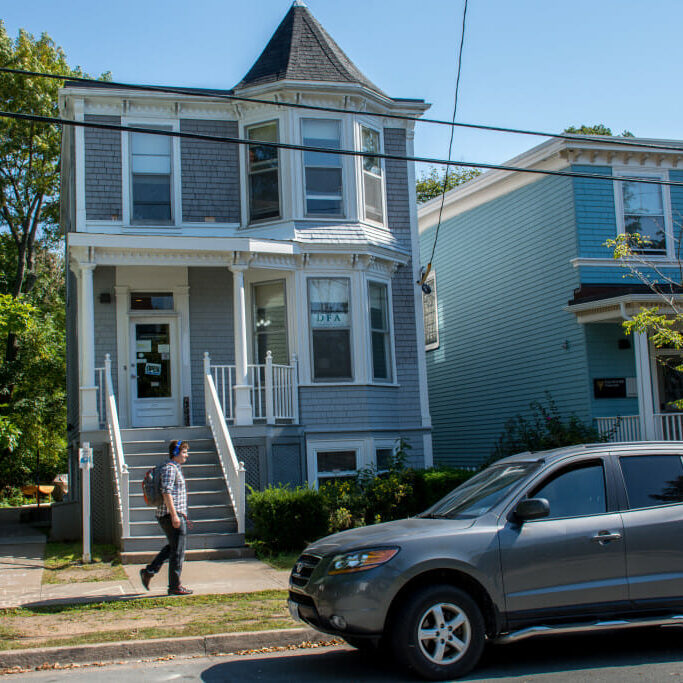
Get Consent
Student societies, Canadian Women’s Foundation focusing on consent education
“96 per cent [of Canadians] agreed consent was important and you had to have it, but only 2/3 understood what it meant,” says Anuradha Dugal, director of violence prevention at the Canadian Women’s Foundation, while explaining the organization’s new campaign.
Although consent is one of the most important aspects of any relationship, it’s still a subject surrounded by obscurity and misconceptions, which is why the Canadian Women’s Foundation has decided to launch a campaign that focuses on informing people what consent is and how to give/receive it.
The campaign itself consists of multimedia aspects that can be shared through social media platforms like Twitter and Facebook. Their videos are short and lighthearted examples of consent. Although the campaign is meant to be entertaining, Dugal empathizes the seriousness of this topic.
“Consent is really important for all Canadians to understand, regardless of your sexuality, cultural background […] it’s actually quite simple to give and get consent. That’s what we want to get across, the conversations are not hard to have. People think it’s about contracts, unsexy or unromantic. It’s all about being open and respectful,” says Dugal.
The idea of consent is incredibly common in university settings as well. Last week, South House, which collaborates closely with DalOUT (Dalhousie’s LGBTQA+ student society) held a workshop titled “Sober Spaces as Safer Spaces: Exploring the Intersections of Intoxication Culture & Consent Culture.”
“Safe spaces on campus are essential to the well-being of students because discrimination continues to exist.”
While consent is important for anyone, historically it is an issue for LGBTQA+ people, who face challenges of assault and discrimination on a daily basis.
“The safety and prioritization of LGBTQ+ [people] and all other students facing difference kinds of discrimination needs to be at Dalhousie’s forefront,” says Brittany Long, DalOUT president.
“Safe spaces on campus are essential to the well-being of students because discrimination continues to exist. There have been enough unresolved cases of institutional discrimination against LGBTQ+ [people] at Dalhousie to demonstrate that support within institutions is still not where it should be.”
“We try to provide as many resources and as much support to students as we can, but it isn’t always enough.”
Long would also like to emphasize the services that are available on campus for those that need them.
“We can offer the safety and acceptance when students enter the DalOUT drop-in space or when they come to one of our events. When trans students are unable to find work due to transphobia, for example, there are short-term bursaries we can help them apply for through DalOUT and other organizations that offer support,” says Long.
“LGBTQ+ students can also benefit from the newly created Dalhousie Student Union [sexual assault and harassment] phone line, which is also helping to foster a sense of security on campus.”
Long also says South House’s volunteer coordinator Carmella Farahbakhsh offers anti-oppression training and body-positive sex education, which the majority of the DalOUT board has now received.
“South House has collaborated with DalOUT in the past to financially support DalOUT bringing guest speakers to Dalhousie, and we’re very eager to continue working with them in the future.”
South House has moved to a new location at 1443 Seymour Street. You may enter from the side door.
Due to ongoing Student Union Building renovations, DalOUT is currently using South House’s space to host meetings.
More details on their events, including monthly socials, may be found at the DalOUT Facebook page.
The Canadian Women’s Foundation’s campaign may be found at www.getconsent.ca.
Update, 22/10/2015: A previous version of this story referred to the Canadian Women’s Foundation as the Canadian Women’s Fund. We apologize for the error.






